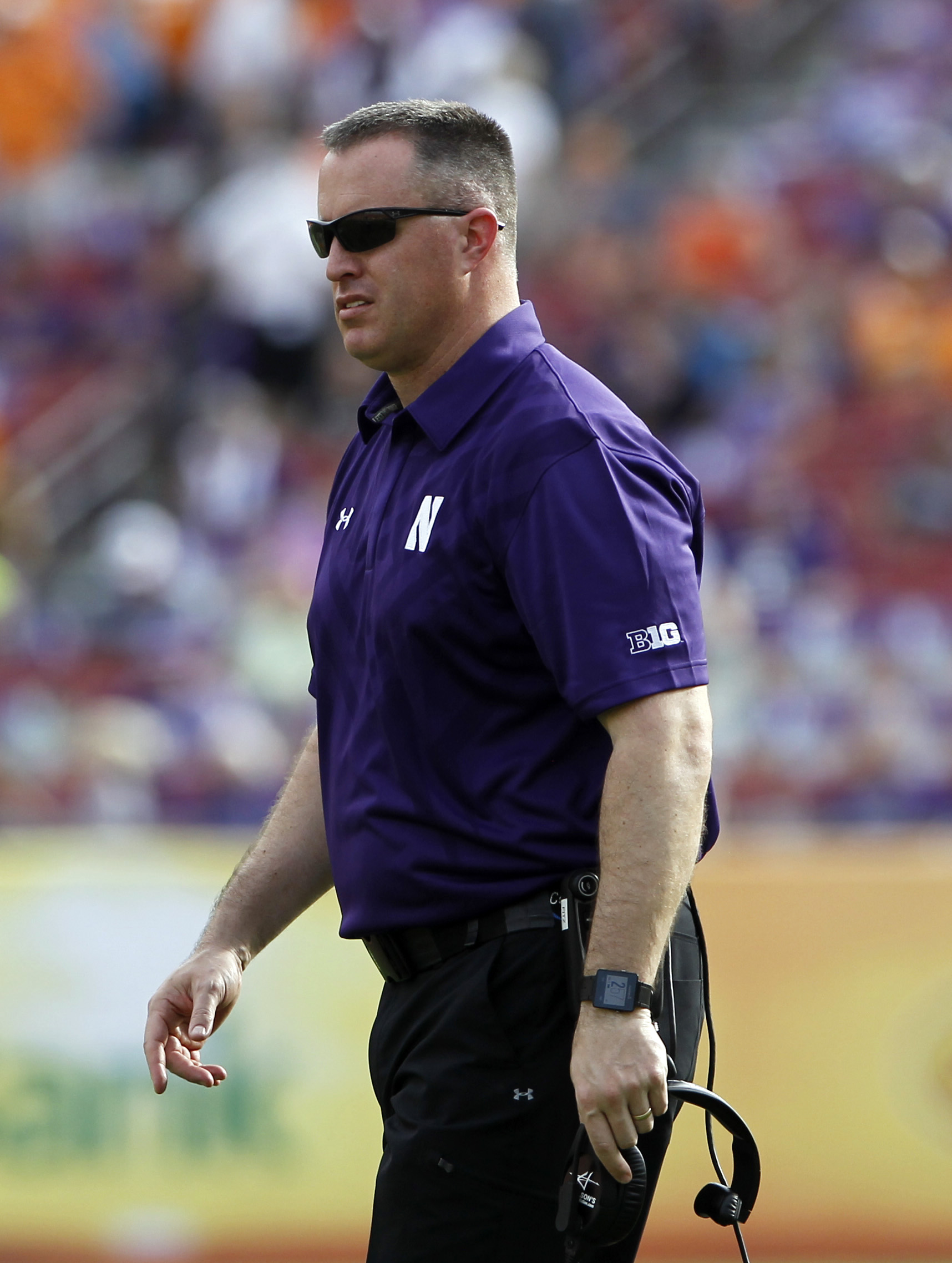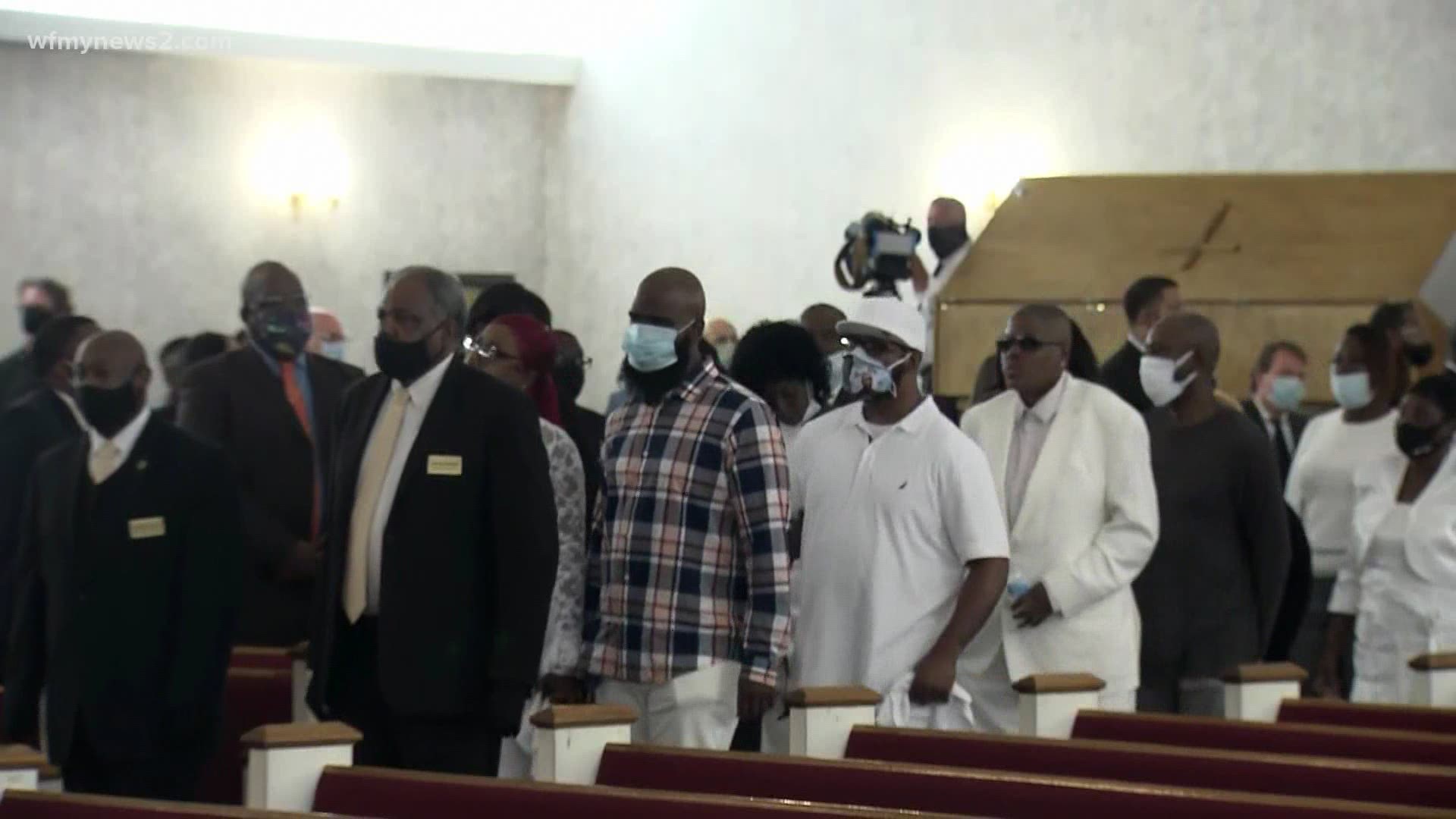Lost amid the controversy over the NCAA’s ban on satellite camps, which was overturned on Thursday, was a secondary piece of legislation rubber-stamped into effect that affects coaches, prospective student-athletes and the recruitment process.
In a decision proposed by the Division I Legislative Council and enacted by the NCAA Board of Directors, college football coaches are now allowed unlimited text communication with an individual prospect beginning on Sept. 1 of his junior year.
The deregulation follows the path of men’s basketball, which allows unlimited texting between coaches and recruits; it also re-enacts the previous status quo for the Football Bowl Subdivision, which allowed such communication until 2007.
Supporters of this deregulation point to the massive level of interaction already in place between coaches and recruits, most notably in the direct-messaging tool available on social media, whether on Twitter or through Facebook, and how adding the legislation won’t profoundly affect the level of communication already in place.
Yet among coaches, there is a fear that allowing unlimited texting will have a negative impact on what Northwestern’s Pat Fitzgerald called “the quality of life” for prospective student-athletes and coaches.
“I don’t know how you legislate common sense,” Fitzgerald told USA TODAY Sports. “I think we had all the means we needed to have to be able to communicate with these kids via social media. We did not need to go to text messaging. My hope is that kind of like the satellite nonsense, that there’s some common sense and we find an area to go to that isn’t deregulating text messages.
“I’m disappointed, like I think a lot of coaches are in our league are disappointed at the fact that we did not support this initiative. Kind of under everybody’s nose, here comes this huge quality-of-life change for recruits — and obviously the secondary area is the quality of life for our coaches.”
“Again, in looking at things from a bigger perspective, you just kind of look at us as a profession and go, you know, what are we really doing here?”
Fitzgerald's point is echoed by Ohio State coach Urban Meyer. At a news conference in early April, Meyer called the new legislation, “the most ignorant thing I've ever heard in my life.”
“Do you really want text messages from 100 universities on your phone when you come out of school?” Meyer continued. “The (recruits) I know don't. ‘What? I don't want to hear from these schools.’ ”
Northwestern has started to address the deregulation by reaching out to every recruit on its board and their families, asking for their preferred way to communicate with the Wildcats’ coaching staff. The difference, Fitzgerald said, is that recruits were previously able to dictate the flow of a conversation by simply “unfriending” or unfollowing a coach on social media.
Now, he said, it’s likely that recruits on Northwestern’s board — and recruits being evaluated by other FBS programs — will need to block phone numbers simply to manage the time demands inherent to unlimited text-message communication.
“Now when you just go through the text-messaging app that each kid has, now he’s going to get inundated,” Fitzgerald said. “And what happens if his mom needs him to pick up his little brother or sister? Or there’s an issue with the family getting hold of him, and he’s got 120 text messages. Just thinking about it through that lens, or just about the quality of life.”
One solution suggested by Fitzgerald is to mirror unlimited texting with the unlimited phone calls allowed during the December and January leading into national signing day. Doing so would level off the legislation to match the time demands in place for not just recruits but coaches tasked with maintaining constant communication — and for both parties, he said, “I’m not sure who benefits from it.”
“Why we are wasting our time discussing and debating things that do not make the (student-athlete) experience better in recruiting, the student-athlete experience better while they are on our campus and help A to Z with all the variables … why are we doing it?” Fitzgerald asked.
“It shouldn’t even be up for debate. Let’s find the bigger-picture items and really look at those holistically to figure out how they might have consequences and what the unintended ones may be.”
SPRING FOOTBALL HIGHLIGHTS

![NCAA Football: Outback Bowl-Northwestern vs Tennessee [image : 83714216]](http://www.gannett-cdn.com/-mm-/cdcb9a0db136bd6fe0576cfd57f761749718cd88/c=0-150-1714-1615/local/-/media/2016/04/29/USATODAY/USATODAY/635975418631097867-USATSI-9030043.jpg)

